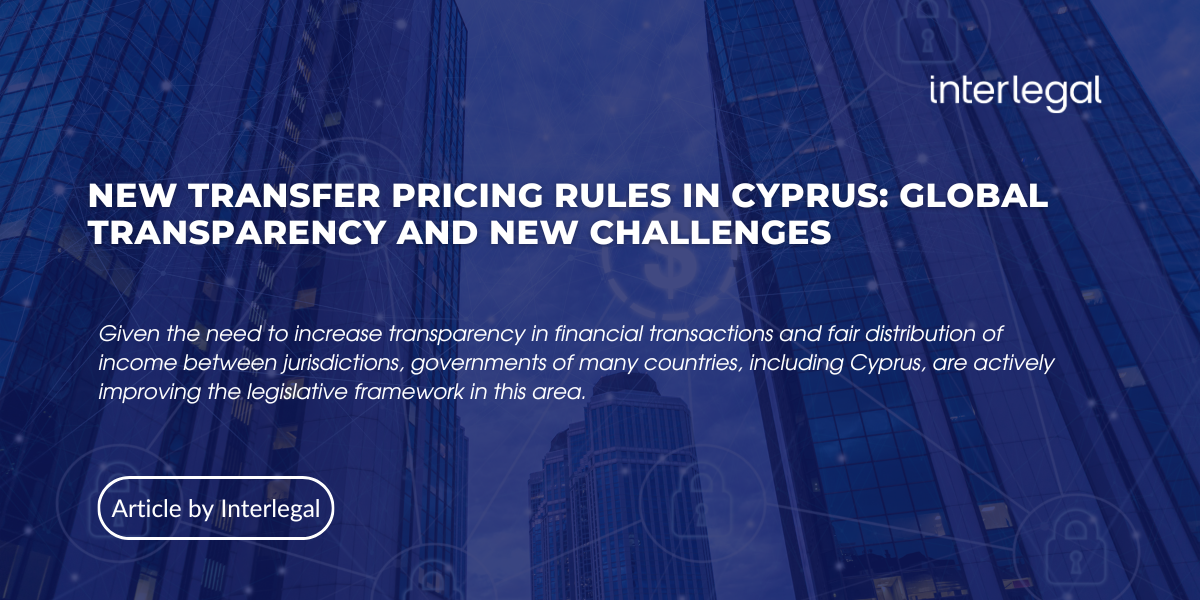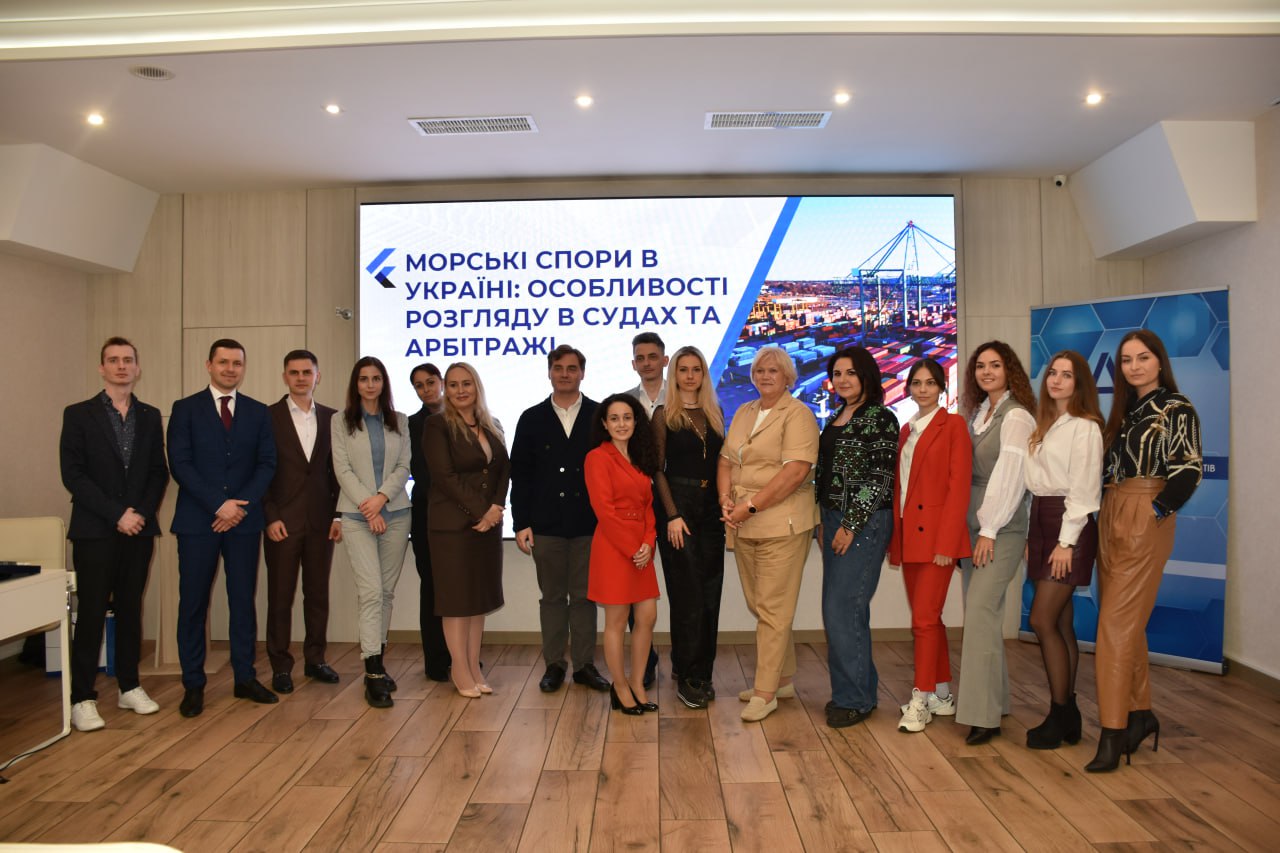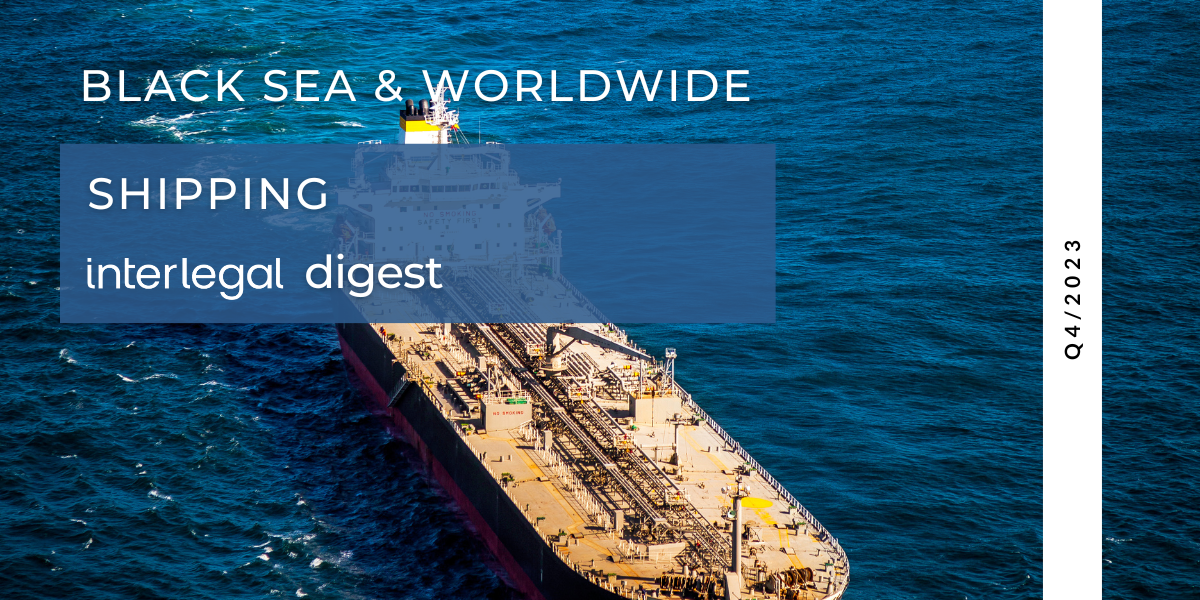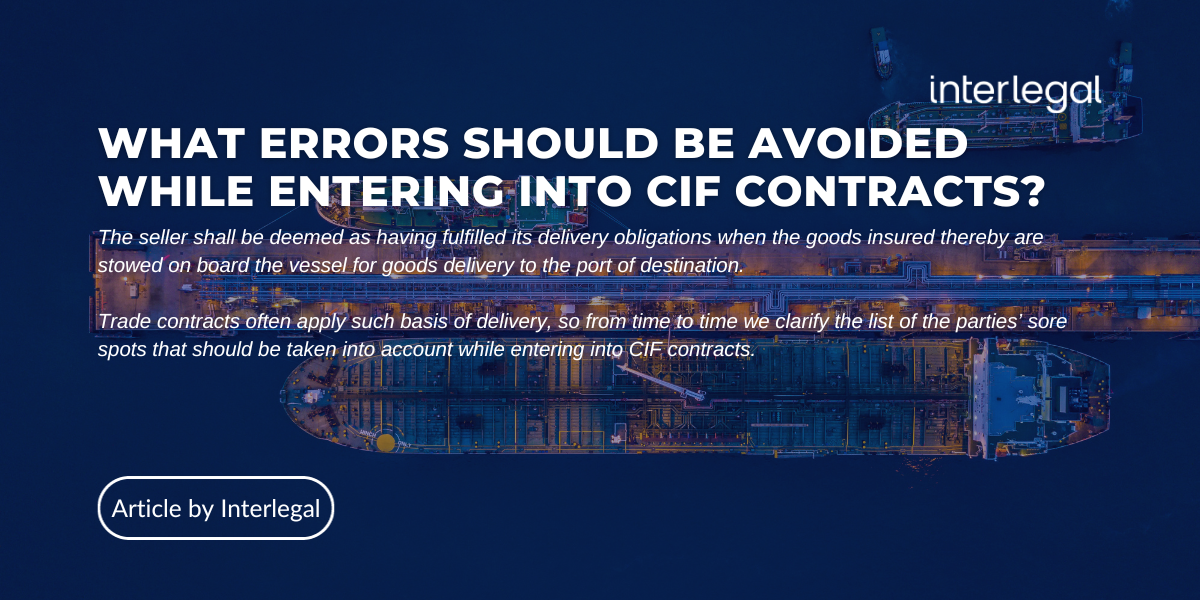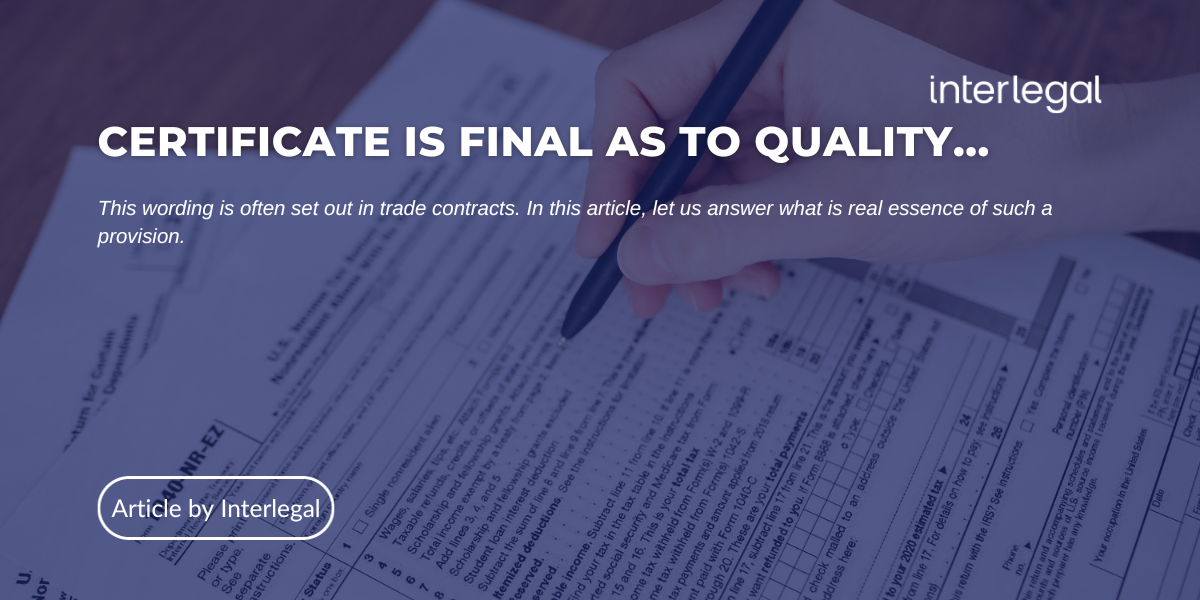Caution: sanctions!
21 December, 2016
3
Today special sanctions are quite a serious institute of administrative governing foreign business entities and their foreign economic activity by the state. Similar intervention into the company business is not always lawful and is usually based on hasty making a decision under the principle “first sanctions, then consideration” which is certainly inadmissible.
After implementation and development of market economy, it got obvious that in Ukraine economy may be governed at the administrative level only, while the state cannot fully avoid governing economic processes. It is quite natural that economy (including foreign economic activity) is a subject of state administrative governing. Lawfulness should have become one of principles of such governing, and its most important aspect states that law shall prevail over power and shall not facilitate abuse of rights. Unfortunately it is rarely performed in practice.
From theory to practice
Speaking of special sanctions, the legal aspect differentiates the concept, basis and procedure of imposing sanctions in the framework of the Law of Ukraine “On sanctions” adopted on 14.08.2014 due to political situation in the Crimea and the Eastern Ukraine, and special sanctions in the framework of the Law of Ukraine “On foreign economic activity” dd. 16.04.1991. What is the main difference?
Under the Law of Ukraine “On sanctions”, the National Security and Defense Council of Ukraine applies sanctions against actions committed by the foreign state, foreign legal entity or natural person, other entities causing real and/or potential threat to national interests, national security, sovereignty and territorial integrity of Ukraine, including other actions covered by the above law.
For violations in foreign economic activity, Ministry of Economic Development and Trade of Ukraine imposes special sanctions against foreign business entities.
Let us consider the problems of imposing special sanctions in the framework of the Law of Ukraine “On foreign economic activity”.
Special sanctions are grounded on violation of this Law or any correlated laws of Ukraine, pursuant to Article 37 of the Law of Ukraine “On foreign economic activity”. Regulation on procedure of applying special sanctions against the Ukrainian foreign business entities is prescribed by Article 37 thereof. The Order of the Ministry of Economy of Ukraine No. 52 dd. 17.04.2000 defines such grounds as violation of the currency, customs, tax and other legislation, as well as stipulates certain prohibitions, restrictions or procedure of foreign economic operations committed by foreign business entities. In case of committing actions which may cause damage to the national economy security interests, special sanctions may be imposed as enforcement measures. The latest statement on causing damage to the national economy security interests, as shown by our practice, is the most commonly used and is the least feasible argument of authorities initiating sanctions, i.e. such clause causes misunderstanding.
Official data about imposing special sanctions illustrate their stable dynamic growth: in 2016 there was a record-breaking increase of sanctions by 45.3% as compared to 2015.


* – data from the website of the Ministry of Economic Development and Trade of Ukraine
Procedure of applying special sanctions
Sanctions are usually initiated by fiscal and law enforcement bodies, such as the State Fiscal Service, Security Service of Ukraine, but the law provides such powers also to the Antitrust Committee, controlling and auditing service, specially authorized executive body regulating markets and financial services, the National Bank of Ukraine and the courts.
The above authorities apply to the Ministry of Economic Development and Trade of Ukraine on imposing sanctions; the Ministry considers the above application and makes a decision on imposing sanctions in the form of relevant order. Today court practice upon considering the disputes regarding lawfulness of special sanctions shows an essential flaw in legislation: if application of the body initiating special sanctions formally complies with the Regulation on procedure of applying special sanctions against the Ukrainian foreign business entities as provided by Article 37 of the Law of Ukraine “On foreign economic activity”, the Ministry of Economic Development and Trade of Ukraine has no grounds to reject satisfaction of the application. Some judges treat this fact as grounds for rejecting satisfaction of claims against the Ministry of Economic Development and Trade of Ukraine. In such cases, feasibility justifying illegal and unlawful decision (order) of the Ministry of Economic Development and Trade of Ukraine on special sanctions is crucial.
Ministry of Economic Development and Trade of Ukraine may apply three types of sanctions against the foreign business entity:
- – in case of non-fulfillment or improper fulfillment of its obligations under the Law of Ukraine “On foreign economic activity” or correlated law of Ukraine – fine;
- – in case of breach of the Law of Ukraine “On foreign economic activity” and/or correlated laws of Ukraine providing certain prohibitions, restrictions or procedure of foreign economic operations – individual licensing regime;
- – in case of breach of the Law of Ukraine “On foreign economic activity” or correlated laws of Ukraine, commitment of actions which may cause damage to the national economic security interests – suspension of foreign economic activity.
After adoption of the special Law of Ukraine “On sanctions”, legal grounds in the form of threat to national economic security interests, resulting in suspension of foreign economic activity in the framework of the Law of Ukraine “On foreign economic activity”, cause a lot of disputes. The Law of Ukraine “On sanctions” provides quite another procedure under such grounds and another state authority empowered to make a decision on imposing sanctions, namely the National Security and Defense Council of Ukraine.
Content of special sanctions
As shown by statistic data upon special sanctions, fine is rarely applied by the Ministry of Economic Development and Trade of Ukraine. The most widespread types of sanctions still remain individual licensing regime and suspension of foreign economic activity.
Due to imposing foreign economic sanctions in the form of suspension of foreign economic activity, the companies are prohibited:
- to perform all the types of foreign economic activity set forth in Article 4 of the Law of Ukraine “On foreign economic activity”, in particular:
– export/import of goods and stock from Ukraine;
– rendering services to the Ukrainian business entities;
– credit and settlement operations;
– joint venture;
– business activity in Ukraine;
- to conclude with the Ukrainian companies agreements/contracts on commission, agency, joint venture, cooperation, consignation, dealership, distributorship, lease, hire or storage;
- to conclude other agreements which provide foreign economic sanctions to be imposed by other persons or in favour of other persons by proxy, or property transfer into temporary ownership for the purpose of foreign economic activity in Ukraine or with goods of the Ukrainian origin.
Individual licensing regime for foreign economic activity provides similar prohibition to perform foreign economic activity before issuing a single (individual) license by the Ministry of Economic Development and Trade of Ukraine per each foreign economic operation which costs 0.2% from the cost of goods (products, works, services).
The most widespread grounds for special sanctions are breach of the Ukrainian legislation concerning settlements under foreign economic operations (currency control). Interlegal practice has a lot of cases when a foreign company, having no contractual relationship with the Ukrainian companies, without any grounds was subject to special sanctions due to violation of currency control by the resident seller and its counteragent. The only argument for imposing sanctions by the State Fiscal Service is that such company is an ultimate beneficiary of the goods under the chain of sales contracts. There are also such cases when special sanctions are imposed on the resident for violation of the current customs legislation (in the opinion of control bodies) only for the reason that it was a party to the contract.
It should be noted that sanctions may be imposed on foreign business entities within three years from the date of detecting violation and in case of suspension of activity they may be valid up to 3 months from the date of making the relevant decision by the Ministry of Economic Development and Trade of Ukraine. But such term may be prolonged by the court. Upon expiry of the above term restrictions shall not be released while foreign business entities covered by sanctions shall be subject to another type of special sanctions – individual licensing regime, for unlimited period.
Methods of solving the problem
One more flaw in legislation: Ministry of Economic Development and Trade of Ukraine shall neither engage foreign business entities in solving the issue on imposing sanctions, nor notify foreign business entities on implementation thereof. The fact of imposing sanctions is an absolute surprise for foreign business entities – for instance, when the goods are on the border but customs office rejects its customs clearance. Information about sanctions may be found at the official website of the Ministry of Economic Development and Trade of Ukraine. Thus, before making a deal or fulfilling the contractual obligations, one shall do all the best to obtain similar information to avoid such surprises.
Pursuant to the current legislation of Ukraine, there are three ways to suspend and/or cancel the above sanctions:
1. To apply to the body who initiated special sanctions;
2. To apply to the body who applied special sanctions, i.e. the Ministry of Economic Development and Trade of Ukraine;
3. To apply to the court.
All the ways of response against sanctions may be used also jointly: first to achieve prompt result by means of applying to non-judicial bodies, then to appeal against the decision on special sanctions at the administrative court.
Prompt receiving information about special sanctions, drafting legal strategy, grounded legal opinion and documents – that is a key to success in suspending or cancelling special sanctions, which will also facilitate mitigation or even avoidance of losses arising from non-fulfillment of obligations under foreign economic activity.
Published in Transport Journal


